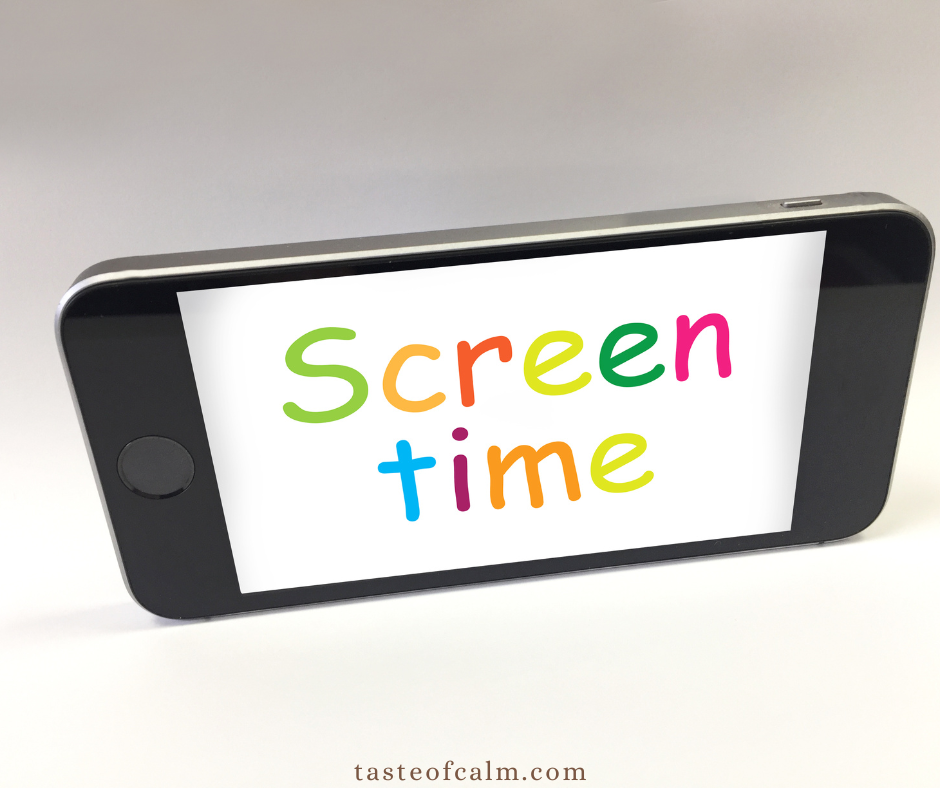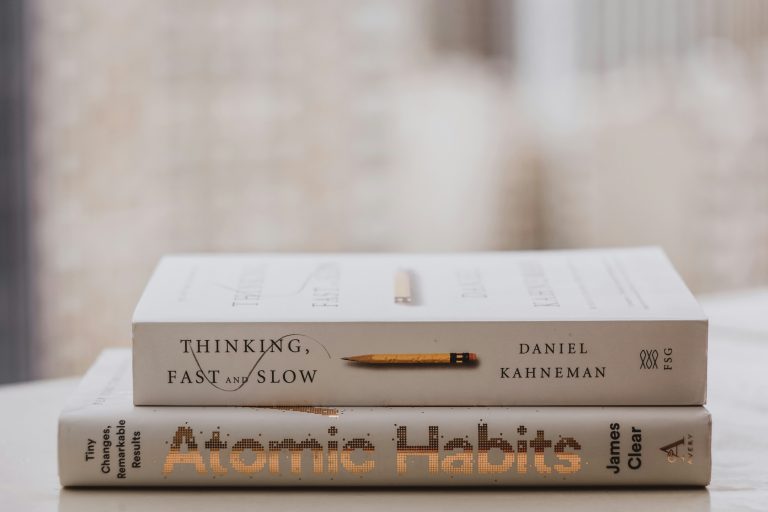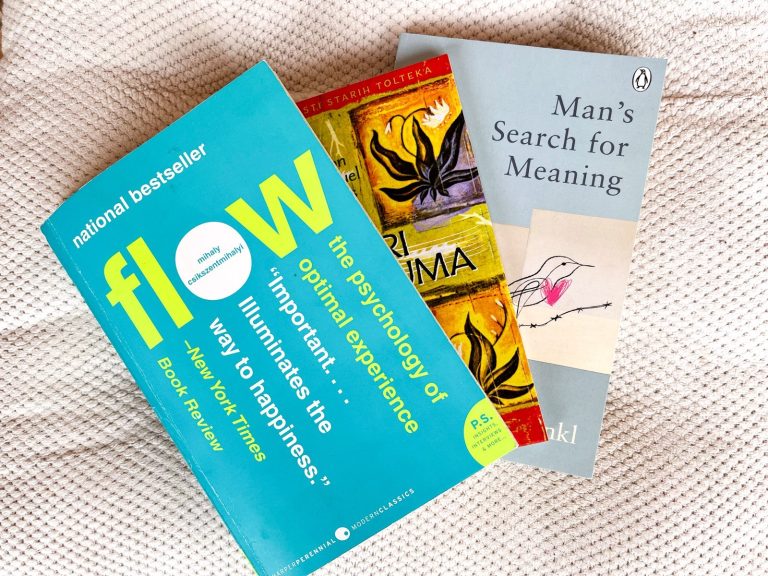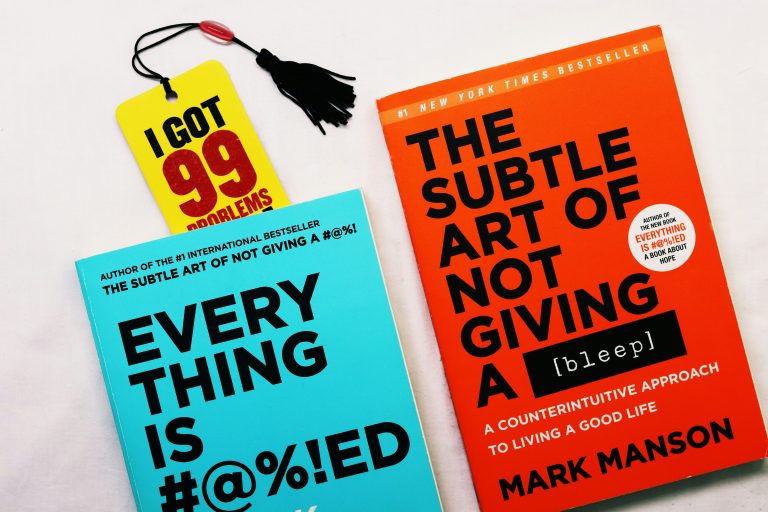Reduce screen time and regain focus
To reduce screen time and regain focus, you need to set aside time when you use your devices, create clear boundaries when the devices will be turned off, and carefully monitor the content you consume on social media.
I won’t spend much time writing about the negative effects of screen time. You already feel it. The bad mood, the sleepiness, the drained feeling after hours on your phone or watching TV.
Finally, the day ends, and you wonder why the chores aren’t done. Why aren’t you hitting your goals?
The answer is probably sitting in your hand or charging on your desk.
That little device now has power over your life. And it quietly takes hours from your day.
Just 2 hours a day adds up to 14 hours a week. 14 hours you could have spent writing, starting a side hustle, connecting with people, or simply taking care of yourself.
14 hours—gone.
It’s time to take an honest look at your screen time. And start changing your habits.
Why you should reduce screen time
You might be wondering what the harm is in checking your phone while waiting in line or winding down at night.
Here’s what you need to keep in mind:
– The content you consume often leaves you feeling dissatisfied with your own life.
– It pushes you to spend more on things you don’t need.
– Constantly checking the news spikes your stress levels, even when nothing directly affects you.
– Late-night scrolling disrupts your sleep, even if you think it helps you “relax.”
– And most of all, it slowly chips away at your self-worth. You start to believe you’re not enough.
Not beautiful enough, not smart enough, not successful enough.
How to reduce screen time
Here I will share a simple step-by-step guide on how to reduce screen time. I applied this myself and managed to significantly reduce my screen time from 3 hours a day to 1 hour:
Build morning and evening routines without your phone
To reduce screen time, you need to build routines that naturally limit your phone use.
First, in my morning routine, my phone stays off until I’ve exercised, eaten breakfast, and started my work for the day.
I also avoid screens in the evening for at least 1–2 hours before bed.
Then, once you set boundaries for your mornings and nights, take a closer look at how you use your phone during the day.
Are you jumping between tabs? Checking Instagram or the news while working? Chatting with friends out of habit?
This brings me to my next tip.
Designate a specific time during the day for socials
Designate a particular time during the day for social media, messages, or YouTube, then stay off outside of that window.
I use my afternoon break to check any socials I want or chat to friends. My goal is not to completely quit the online world; I don’t think that is realistic. But my goal is to reduce aimless scrolling and aimless content consumption.
Carefully choose the content you consume
And be ruthless about the content you consume.
Unfollow accounts that feed insecurity or constant comparison, like Instagram models, fitness influencers, or luxury lifestyle reels.
Cut back on content that drives unnecessary spending, like “must-have” skincare routines or fast fashion hauls. Often, we don’t realize this, but when we see our favorite influencer using a new cream, we start to feel like we need it in our lives.
Protect your attention. It’s one of the most valuable things you have.
Use apps that reduce your screen time
Find whatever tools you can that can help you to reduce your screen time. Tools like Forest, Freedom, Moment, or your phone’s built-in Screen Time (iPhone) or Digital Wellbeing (Android) features can make a big difference.
These apps show you exactly how much time you’re spending on your phone, which apps are taking up most of your attention, and even allow you to set daily limits or block distracting apps during work or rest hours.
I carefully monitor my screen time using Screen Time on iPhone
What you should do with that time instead
Once you start spending less time on your phone, it’s time to think about what to do with the hours you’ve freed up.
Here are a few ideas that will help you grow and change:
- Read a book
- Start journaling; 5 to 10 minutes a day is enough
- Cook a nourishing meal from scratch
- Call a friend instead of texting
- Learn something new (a skill, a language, a hobby)
- Declutter one space in your home each week
- Think about your goals and the direction you want your life to take
- Do absolutely nothing
- Do deep work
Prioritize activities that give you knowledge
This includes reading, journaling, listening to podcasts, learning a language, or picking up a new skill.
Moreover, when you stop scrolling in the evening, you’ll be surprised by how much time you actually have.
Read just a few pages each night, and that small habit will create a real shift in a couple of months.
Everything you feed your mind shapes your thoughts, your actions, and ultimately, your life.
Fill it with things that move you forward.
Check out my book recommendations.
Be active

When you wake up and don’t waste time scrolling, you create space for movement—whether that’s a quick workout or a morning walk.
These small actions boost your focus, elevate your mood, and help you start the day with intention.
And it all becomes possible when your phone stays on the nightstand, right where it belongs.
Check out my post: The power of walking
Spend more time with friends and family
Most people say their family is the most important thing in their lives.
But then they come home, collapse on the sofa, and spend the evening glued to their phones.
If family truly is your priority, your time should reflect that.
Start by planning your weekend routine with more intention.
Create space for connection: meals together, walks, board games, or simple conversations without screens in the way.
Time is the one thing you can’t get back. You need to learn to lead a balanced life.
Rest
Sitting down, doing nothing, and staring at the ceiling is not only okay, it’s necessary.
It gives your mind the space to breathe so you can regain focus when it matters most.
This kind of rest used to be normal. As kids, we’d lie on the grass, listen to the birds, pull at blades of grass, and just be.
Now, that idle time has been replaced by constant stimulation, mostly from screens and TV.
So don’t be afraid to slow down, daydream, and sit with your thoughts. You will be surprised how this downtime helps you be more productive and more motivated when you need to get things done.
Final thoughts
It might surprise you how much reducing your screen time can improve your life.
It seems like a small change—almost too simple to matter. But the benefits run deep.
Less screen time means more time for yourself and the people you love.
Just try it for a few weeks. Even after a few days, you’ll start to feel the shift.







